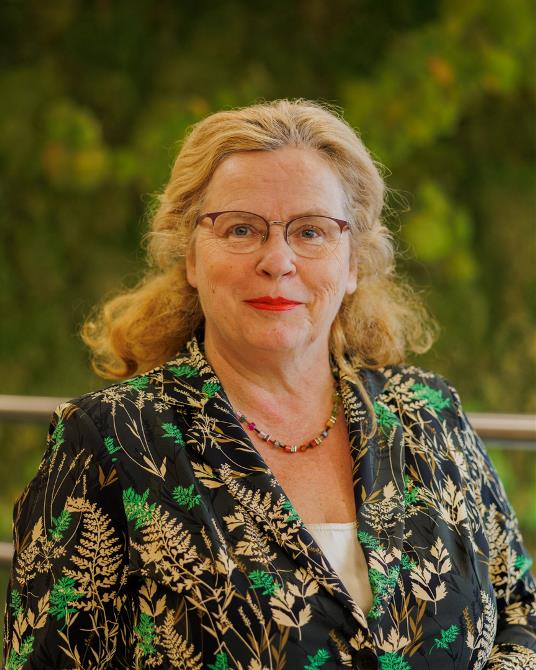New and better relationships in healthcare
18 January 2023
Healthcare is changing. There is less time for physical moments of contact, and digital care is becoming increasingly important. In light of this development, there is just one essential question: how to keep healthcare...

Healthcare is changing. There is less time for physical moments of contact, and digital care is becoming increasingly important. In light of this development, there is just one essential question: how to keep healthcare human? According to the Professor on Relational Care Yvonne van Zaalen, the answer lies in a shift in our starting point. That is to say, from the question being ‘What can I do for you?’ to the question being ‘Who can I be for you?’. She will discuss this in detail during her inaugural lecture on 30 January.
“In the Relational Care research group, we study how healthcare professionals and patients can properly understand one another. How they can continually tune in to the same wavelength, so that it becomes clear what support the client needs,” Yvonne begins. “For that process, partly due to the rising population and growing labour shortage, we are becoming increasingly dependent on technology. This requires a different way of looking at healthcare. For example, that we as patients no longer go straight to the GP or physiotherapist, but first have a go by ourselves with the help of reliable websites and online platforms. For healthcare providers, this means they need to rely more on patients and especially on technology.
Warmer and more human
That prospect may seem impersonal, but it doesn’t have to be. “On the contrary”, Yvonne says. “If technology becomes more involved in the care itself, the role of the caregiver may actually become warmer and more human”. She explains: “Care is mainly about attention: feeling that somebody is here for you, that you have somewhere to turn to when needed. This is why we currently go for a 10-minute consultation with our doctor: to feel that someone is seeing us and collaborating with us. But an interested WhatsApp message from that doctor can have the same effect. What’s more, technology can also facilitate better coordination between healthcare providers for greater efficiency. For example, a dietician might also be able to deliver advice from an occupational therapist or nurse, or vice versa. Having one familiar face is nicer than a new one every time”.
Trust in technology as well as people
Healthcare providers need to tackle a fair few challenges in reaching a new perspective on the roles and tasks in healthcare. Yvonne continues: “First of all, they really need to learn to trust technology. If you keep checking every time whether the information from apps or sensors is correct, it will take up a lot of your time. This is why we are working to integrate healthcare technology into the various healthcare courses at THUAS. Another issue is trusting the patient. There is a persistent misconception that people over 65 cannot handle technology. This is often not even true. And in cases where it does hold true, it doesn’t mean the end but rather a beginning. Then we need to look together: is there another way we can connect? Therefore, having an awareness of the uniqueness of patients is an important focus of our research. Parties such as Pharos and People Behind the Patient are helping us with this”.
Focus on connection
The research group comprises a great mix of lecturer-researchers from the various healthcare and wellbeing programmes. Yvonne continues: “Relational care is not just about the relationships between professionals and their patients, but about all relationships within a neighbourhood or community. Including those between residents or between professionals. That’s why we believe it is important that healthcare and wellbeing students are trained together and work together on projects. This is possible through joint projects in different neighbourhoods, which we also develop together with residents and other parties. It’s all about having an awareness of one another, connecting with and being there for one another. That is and remains the most important aspect of healthcare”.
Inaugural lecture: 30 January
Yvonne van Zaalen will present her plans for the research group in detail during her inaugural lecture on 30 January.
Want to attend? Check this page for more information and to register.